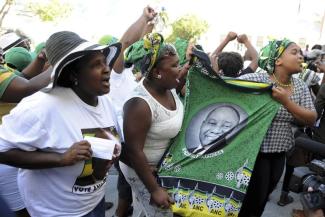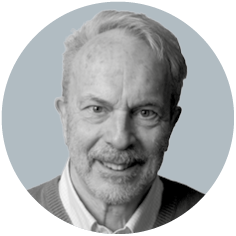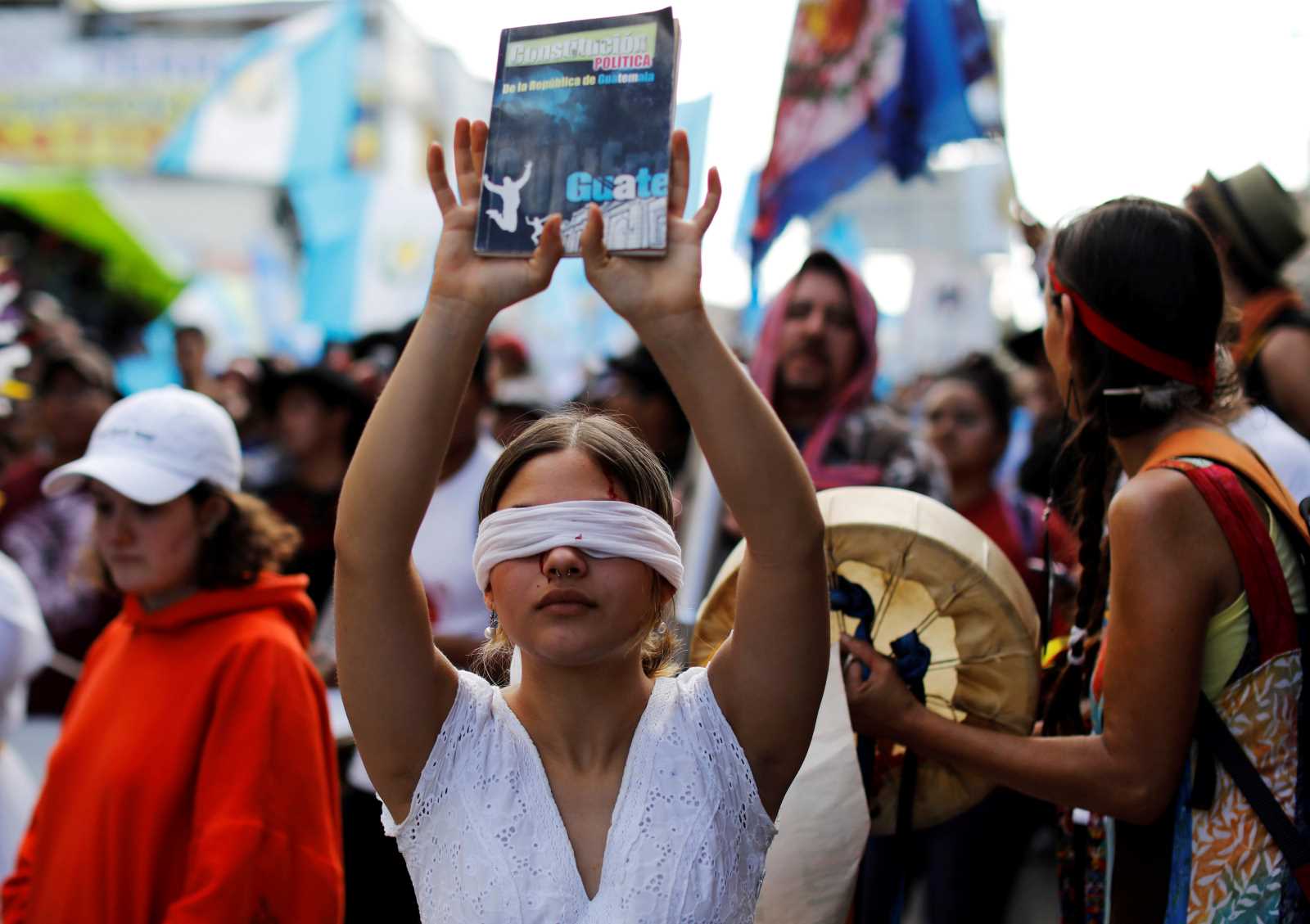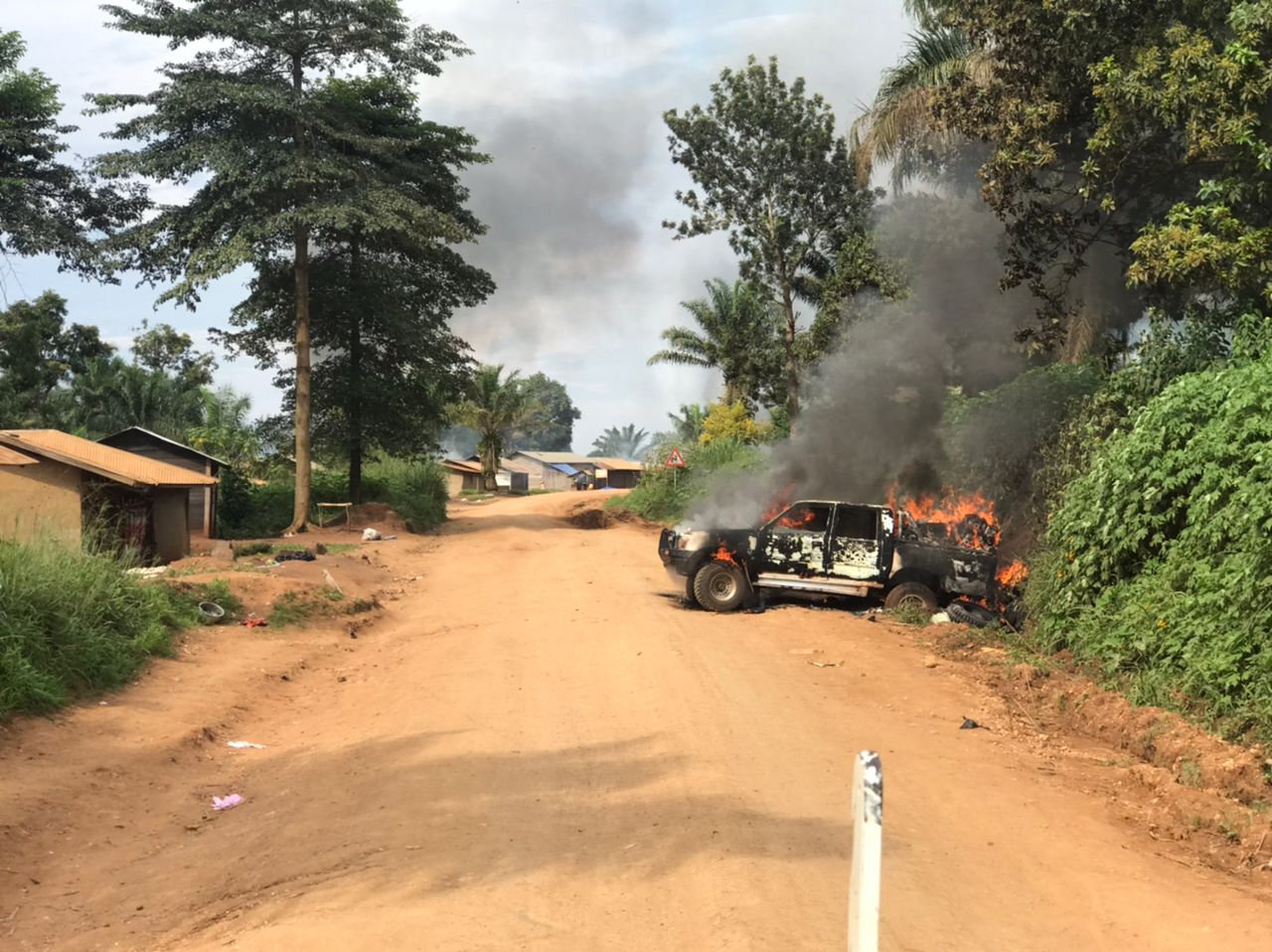Southern Africa
New brooms sweeping clean?

After 38 years in power, Angola’s president, Eduardo dos Santos, stepped aside for health reasons to make room for a younger man. João Lourenço, who was born in 1954, has served as president since September. He is considered a person of integrity, which is rare among politicians. He does not indulge in the obscene luxury of the “oiligarchy” and will hopefully build new trust in the MPLA government. The latter has long had little credibility among the people, who never saw any returns from the oil boom except for a higher cost of living.
Under dos Santos, massive repression could no longer stop a rising tide of popular protest. It became increasingly clear that change was urgently needed. The economy, which had been battered by a drop in oil prices, needed a stabilising shot in the arm as well.
Lourenço surprised the country by mounting an unexpectedly ruthless attack on corruption at the highest levels of government. Even dos Santos’ four children, who, thanks to their father’s protection, had manoeuvred their way to the control levers of important state-owned companies, were not spared. Isabel dos Santos, who is believed to be the richest African woman, was removed as the head of Sonangol, the state oil group. Numerous ministers and other senior officials did not escape unscathed either.
What’s more, Lourenço announced a grace period for transferring funds back home from tax havens. The total amount is estimated to add up to $ 30 billion. After the grace period, all cases of embezzlement and tax evasion will be dealt with by the judiciary. Lourenço’s actions send a clear signal, at least symbolically. However, it remains to be seen how serious this new broom is about sweeping clean the institutions of government – and what scope of action the established elite will allow him.
Downfall of a despot
The peaceful transfer of power in Angola was followed in mid-November 2017, surprisingly, by a gentle military coup in Zimbabwe (see my article in E+Z/D+C e-Paper 2018/1, p. 13). Since gaining independence in 1980, the former jewel of Africa had been held under the thumb of Robert Mugabe, who at 93 had no thoughts of retirement. Shortly before the coup, the ZANU-PF (Zimbabwe African National Union-Patriotic Front) nominated him as a candidate for the upcoming presidential election. But he was pushing his luck when he tried to install his wife Grace as his successor and began forcing her competitors out of the way.
His dismissal of Emmerson Mnangagwa, who had been his loyal deputy for decades, was the mistake that cost him the presidency. The military intervened, the despot was forced to step down and now Mnangagwa is in the driver’s seat. Some people celebrated him as a saviour in the first moments of euphoria following the long-awaited resignation of Mugabe. But from the very beginning, there was a fear that the country had jumped out of the frying pan into the fire.
Indeed, the evidence is growing that Mnangagwa does not offer an alternative to the authoritative and repressive character of Zimbabwe’s political system. He appointed high-level military officers who had initiated the coup to government positions. These decisions can hardly be read as trust building. Nevertheless, some hope that he will be able to somewhat sort out the mess the economy has been in for decades. In order to restore the trust of foreign investors, the new president even announced that he plans to compensate the farmers whose property was seized as part of the land reforms that caused serious turmoil since the turn of the millennium. But the same motto can be applied to Zimbabwe and the hoped-for reforms in Angola: the proof of the pudding is in the eating.
Palace revolution
The situation was rough in South Africa. Two representatives of different factions were fighting to succeed the embattled President Jacob Zuma as the head of the African National Congress (ANC): his deputy, Cyril Ramaphosa, and his ex-wife, Nkosazana Dlamini-Zuma. The latter was widely considered Zuma’s insurance policy to avoid prosecution for abuses of office. Ramaphosa, on the other hand, was seen by many, particularly outside the ANC, as the person who could put an end to Zuma’s manipulations and mismanagement.
Ramaphosa is not untainted, however. He was at least indirectly involved in the 2012 Marikana massacre, in which police killed dozens of striking miners. But compared with someone from Zuma’s inner circle, including his former wife, Ramaphosa seems the better choice. He is a former union leader and a successful businessman. Nelson Mandela had actually wanted him to be his successor.
However, Ramaphosa won the inner-party election only by a narrow margin, which shows that Zuma and his cronies still wield influence. Indeed, half of the six top ANC leadership positions fell into the hands of Zuma loyalists, and that has probably cautioned Ramaphosa.
It quickly became clear, however, that they want to save their own skins. Their opportunism tempted them to undermine the former party president. As more and more information came to light about the extent of the abuses of power that were committed under Zuma, the majority of the party’s executive-committee members lost their patience. The leadership crisis culminated in early February. After Ramaphosa had replaced Zuma as ANC leader, the party demanded with growing force that Zuma had to make way for his successor as South African president as well. Following a tug-of-war that resembled the one in Zimbabwe a few months before, Zuma gave up on 14 February. Otherwise, he would have faced a motion of no confidence in Parliament. The palace revolution was complete.
The procedures prove that – unlike Zimbabwe – South Africa still operates according to the rule of law. Political struggles take place within prescribed limits. Nevertheless, it will still take time and energy for South Africa to recover from the parasitic practices that have been weakening it for years. And it remains to be seen whether the transfer of power took place soon enough to secure the ANC an absolute majority in parliamentary elections that will be held in mid-2019.
Corruption scandals and the threat of violence
Zambian politics are tense too. Though a comparatively young generation of political leaders is in power, all is not well. The political system seems fragile in view of fast changing governments, and the authoritarian leaning of President Edward Lungu of the Patriotic Front is causing growing turmoil. The fact that his rival, Hakainde Hichilema of the UNDP (United Party for National Development), is cut from the same cloth is further stoking the potential for violence.
Neighbouring Mozambique is being rocked by corruption scandals and struggling with a worsening economy. The country is a former “donor darling”, but the donor community has lost trust. The discovery of $ 2 billion in “hidden debt” cost the government its reputation – and the flow of ODA (official development assistance) has declined considerably.
A search for a bright spot in southern Africa turns up the former German colony of Namibia. However, this country has some problems too. In 2016, it slid into its most dramatic economic crisis to date. The recession has almost bankrupted the state. Many grand reform plans remain unfulfilled, and large disparities in income are evident.
Namibia’s dominant party SWAPO (South West African People’s Organisation) is also a former liberation movement. In that sense, it resembles the ruling parties in its neighbouring countries. The difference, however, is that SWAPO managed to consolidate its position of dominance after gaining independence in 1990 (see my article in E+Z/D+C e-Paper 17/02, p. 18). The country is remarkably stable and is not affected by politically motivated violence. Orderly elections and defined term limits have been upheld by three presidents, and that has contributed to the country’s positive image.
Trouble is brewing in SWAPO’s ranks however. There is some controversy surrounding President Hage Geingob, who has been in office for three years and was directly elected with 86 % of the votes. However, the run-up to the party congress in November 2017 was overshadowed by bitter factional rivalry. More than 600 delegates took part. In the end, “Team Hage” emerged unscathed and secured an unexpectedly clear mandate. Geingob and his entourage were elected to all party leadership positions and the central committee and politburo now do not include any dissenting voices that would be worth noting.
Signs increasingly indicate that internal “consolidation” will force the inner-SWAPO opposition to pay a price for its insubordinate behaviour. The notion of democracy could fall by the wayside. It seems certain that President Geingob will again win the next parliamentary and presidential elections. He would then retire in 2025 as an “elder statesman”, assuming that the fate of a Mugabe or Zuma doesn’t catch up with him before. The snag is that – despite his undisputed leadership – dissatisfaction is growing among the people. He faces the enormous task of reversing the dizzying economic decline the country has been in since he took office. The people want the standard of life to improve. If he cannot fulfil promises, he will damage himself and the image of his country.
State kleptocracy
In order to steer South Africa’s domestic affairs into calmer waters, President Ramaphosa will have to devote himself to a similar task as the one facing Geingob and the other “newcomers”. The country needs a more or less systematic approach to responsible government – and that would put an end to the organised plundering of resources under state control. Better governance and an economic recovery are urgently needed.
Zuma’s ousting was not enough to achieve this. He personified a system that used the entire structure of the state and its operations for personal enrichment. Despite all their differences, state kleptocracy has become so deeply embedded in South Africa, Angola and Zimbabwe that simply replacing the head of state cannot be the remedy. An economic upswing in South Africa would not only help that country and – hopefully – the vast majority of its people, but the entire region. It remains true that when South Africa coughs, the neighbouring countries catch a cold. But even if Ramaphosa brings about the expected relative stability, more must happen for things to settle down in neighbouring countries.
Not least, the future of the Democratic Republic of the Congo (DRC) remains unclear. If a more or less peaceful transfer of power doesn’t happen there soon, the consequences will be dire. Not only the people living in the DRC will feel the pain. South Africa, for example, would face an even bigger influx of refugees. The hospitality of other neighbouring countries would probably be tested too.
Joseph Kabila took power in the DRC in January 2001, ten days after the murder of his father. He was confirmed in office in rather dubious elections in 2006 and 2011. He broke his promise to step down by the end of 2017 at the latest; now he says he will choose a successor by mid-2018. But the relative peace has long been disturbed and politically-motivated protests result in clashes that kill people. At the same time, ethnically-motivated violence is flaring up the DRC’s north-east. Thousands of refugees are once again fleeing to neighbouring Uganda.
The 16 countries that make up the Southern African Development Community (SADC), which is still considered the most peaceful region on the continent, must rise to serious challenges. Whether the new leaders of the old liberation movements are up to the task, remains to be seen.
Henning Melber is a senior research associate at the Nordic Africa Institute and an extraordinary professor at the Universities of Pretoria and the Free State in Bloemfontein.
henning.melber@nai.uu.se













